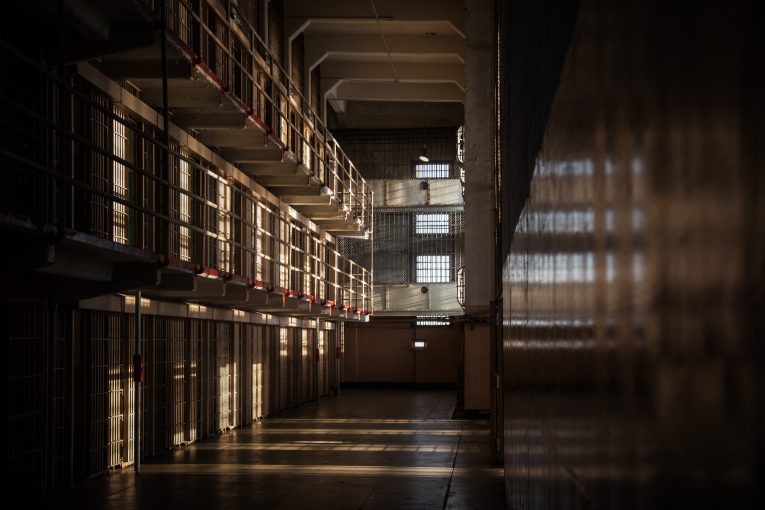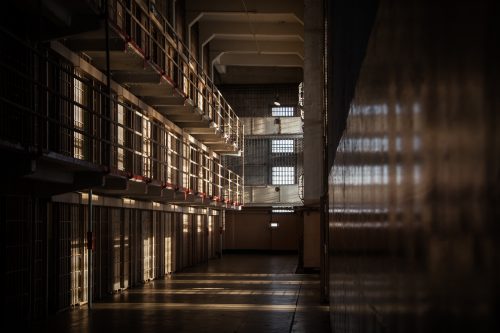

By The Vanguard Staff
CHULA VISTA, CA – The First Amendment Coalition has signed onto to a letter to the Fourth District Court of Appeal arguing not all police drone videos are “crime investigation” videos, and are not exempt from public records requests as the city of Chula Vista and San Diego County claim.
In a letter appealing a ruling from the trial court in the county in May, FAC and friends said the case is “critically important for the future of police transparency,” noting, “If the investigatory record exemption does broadly shield drone footage from ever being disclosed, it would blunt public understanding of a technology that is being used to replace basic police activity, and that reasoning could worryingly be applied to future technologies.”
Chula Vista, FAC notes, “uses police drones to respond to 911 calls, but it doesn’t think the public has a right to see any of that footage — ever,” and a state trial court agreed with the city’s right to keep the drone records private, a “policy of excessive secrecy, issuing a ruling that threatens the public’s ability to oversee police use of cutting-edge and invasive technology in our communities.”
FAC said “every minute of footage from every drone deployment would be permanently shielded from public view,” under the ruling, and it’s why it is urging an appellate court to grant review of the decision, arguing, along with the Electronic Frontier Foundation and the Reporters Committee for Freedom of the Press, that it should review and ultimately overturn the order.
The case, explains FAC, “stems from public records requests made by Arturo Castañares, the publisher of La Prensa San Diego, a bilingual Spanish-English newspaper, who asked the city to disclose drone video footage taken by the Chula Vista Police Department,” which the city denied, claiming “all drone footage falls within the Public Records Act’s exemption for ‘investigatory records,’ which don’t have to be disclosed to the public.
“Castañares filed a lawsuit for the footage soon after the city’s denial. The trial court agreed with the city that drone footage is categorically exempt from disclosure. In addition, the court ruled it would be too burdensome for Chula Vista to review and redact the drone footage before releasing it,” said FAC.
In its appeal to the Fourth District, FAC argued the “trial court committed multiple legal errors in refusing to disclose the drone footage. The Court should grant the petition and correct these errors because they cannot be squared with the text of the CPRA, the California Constitution’s presumption of public access, and binding authority that narrowly construes the investigatory records exemption.”
“(T)hose legal errors could have broader implications for the public’s ability to understand how law enforcement uses new technologies that implicate people’s rights. The City itself recognizes that its drones can potentially invade individuals’ privacy and has created policies designed to limit the recording of private places and other situations in which people have a reasonable expectation of privacy,” the letter pleads.
FAC adds, “Under the trial court’s ruling, however, the public cannot verify whether the City is complying with its own policies because the footage is categorically exempt. The inability to perform such basic community oversight is an anathema to the CPRA’s text and purpose.
“Moreover,” FAC adds, “the trial court’s ruling has troubling implications for public access to drone footage created by other law enforcement agencies throughout the state, as many are in the process or have already begun using drones like the City does. If the investigatory record exemption does broadly shield drone footage from ever being disclosed, it would blunt public understanding of a technology that is being used to replace basic police activity when responding to emergencies.”
“(T)he trial court’s ruling has the potential to limit understanding of other new technologies used by law enforcement. This is problematic because many surveillance and other technologies can be used to interfere with people’s privacy and free expression rights. This Court should…reverse the trial court to ensure that the CPRA can continue to be a meaningful transparency tool for the public to learn about and oversee law enforcement’s use of new technology,” argues FAC.
FAC adds that without access to redacted drone footage, the public “lacks the ability to verify if Chula Vista is complying with its own policies and turning its drone cameras away from areas where people have a reasonable expectation of privacy. Video footage from the drones could confirm whether the police are confining their user of thermal imaging to those limited circumstances.”
“Public access to redacted drone footage would also help the public determine whether the city has changed its practices regarding recording homeowners’ back yards,” which the City of Chula Vista originally promised to not record,” noted FAC.
FAC also argued the “trial court’s ruling also has the potential to shield other law enforcement surveillance techniques from public debate. California’s Supreme Court agrees. In ruling that Automated License Plate Reader data does not produce records of investigations, it found that “[o]ur case law recognizes that the CPRA should be interpreted in light of modern technological realities.” 